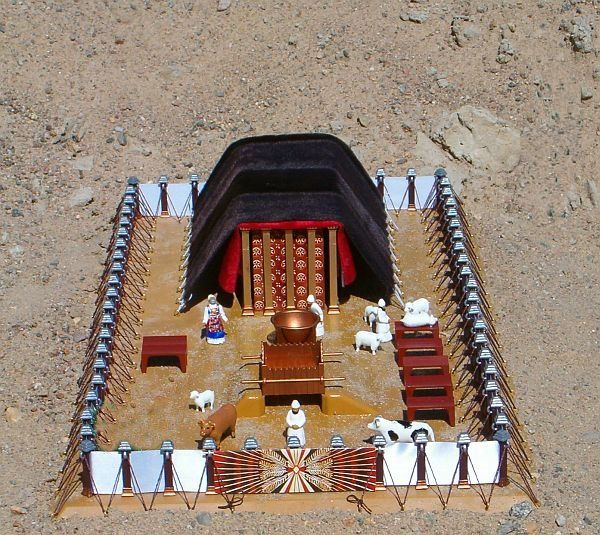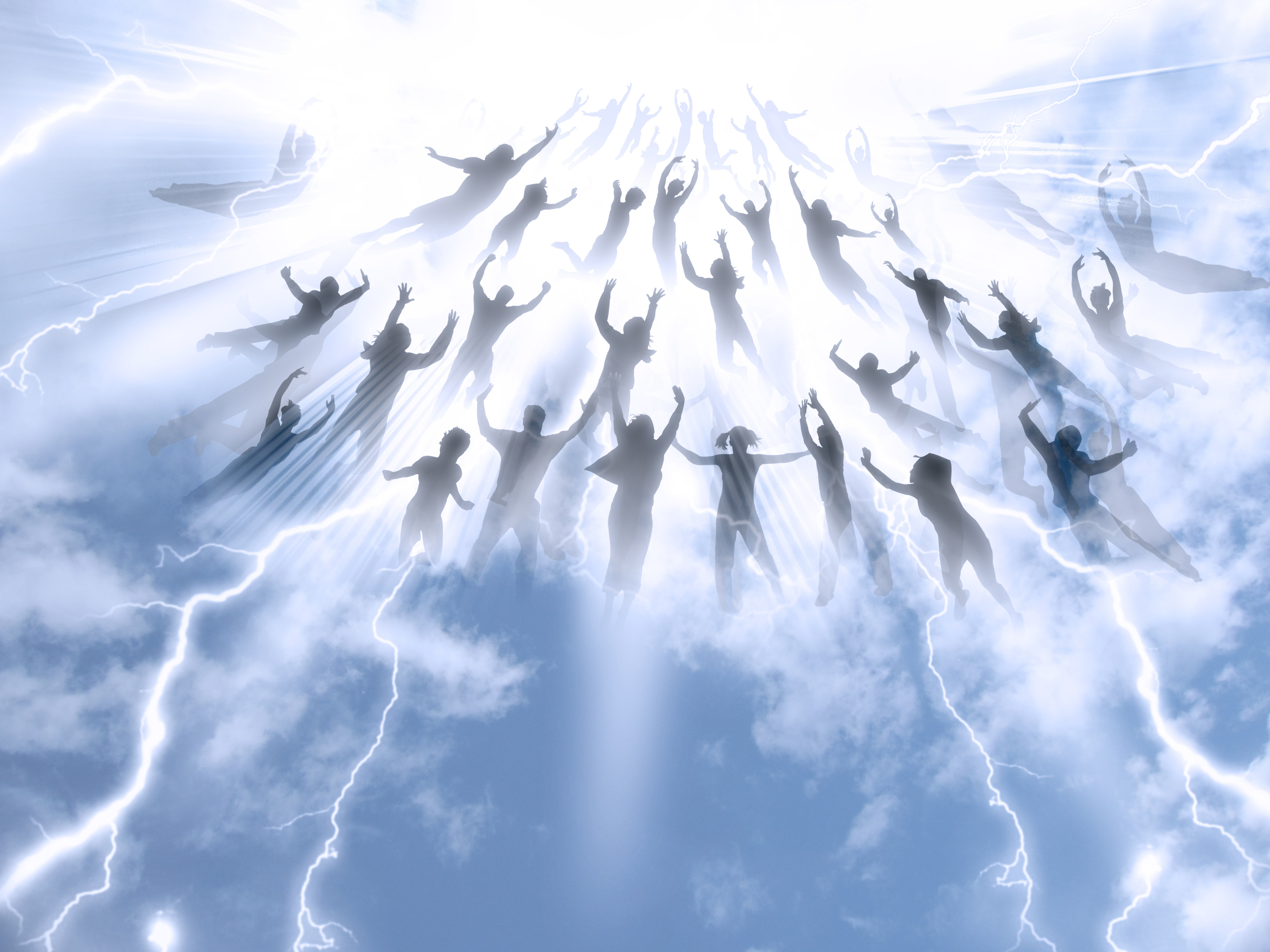What does it mean to become a “son of God (Elohim)? Please note the following biblical excerpts:
For you did not receive the spirit of bondage again to fear, but you received the Spirit of adoption by whom we cry out, “Abba, Father.” (Rom 8:15)
Not only that, but we also who have the firstfruits of the Spirit, even we ourselves groan within ourselves, eagerly waiting for the adoption, the redemption of our body. (Rom 8:23)
Who are Israelites, to whom pertain the adoption, the glory, the covenants, the giving of the law, the service of God, and the promises… (Rom 8:23)
To redeem those who were under the law, that we might receive the adoption as sons. (Gal 4:5)
Having predestined us to adoption as sons by Jesus Christ to Himself, according to the good pleasure of His will… (Eph 1:5)

Who me???
The word adoption is the Greek word huiothesia meaning “adoption, adoption as sons; that relationship which God was pleased to establish between himself and the Israelites in preference to all other nations; the nature and condition of the true disciples in Christ, who by receiving the Spirit of God into their souls become sons of God; the blessed state looked for in the future life after the visible return of Christ from heaven” (from the Online Bible).
The Bible must be our ultimate guide as to what we believe, teach and practice. The Hebrew word Elohim is a plural noun referring to the “Godhead” (the Father, Son and Holy Spirit). At the same time, we read in John 1:12 that those who have received Yeshua are given the right, authority, or power to become the children of Elohim. This same thought is also stated in Rom 8:14–15; 9:4; 2 Cor 6:18; Gal 4:5–6; Eph 1:5; 1 John 3:1–2 and Rev 21:7. The idea that men would become children of Elohim (part of the spiritual family of Elohim) seems to have been broadly accepted by the apostles.
Just because the Protestant church doesn’t generally teach the biblical fact that redeemed men will become part of the family of Elohim doesn’t not make it a fact. And similarly, just because some cults teach a perverted twist of this biblical truth doesn’t mean we should reject what the Bible teaches about it.
Interestingly, many of the Eastern Orthodox churches (the counterpart of the Roman Catholic Church in the eastern world) have taught the concept that man will become like God in their idea of the theosis. For educational and enlightenment purposes, may I suggest that the reader look up this term online.
What is to be our spiritual destiny or inheritance after we receive our glorified bodies at the resurrection? To only be glorified angelic beings? The Bible says that man will be above the angels (1 Cor 6:3). What’s above the angels in spiritual rank? That’s right, Elohim!
I leave you with this passage from John:
Behold what manner of love the Father has bestowed on us, that we should be called children of Elohim! Therefore the world does not know us, because it did not know Him. Beloved, now we are children of Elohim; and it has not yet been revealed what we shall be, but we know that when He is revealed, we shall be like Him, for we shall see Him as He is. (1 John 3:1–2)
This being said, what does this scripture mean?
I said, “You are gods [Elohim], And all of you are children of the Most High. (Ps 82:6)





